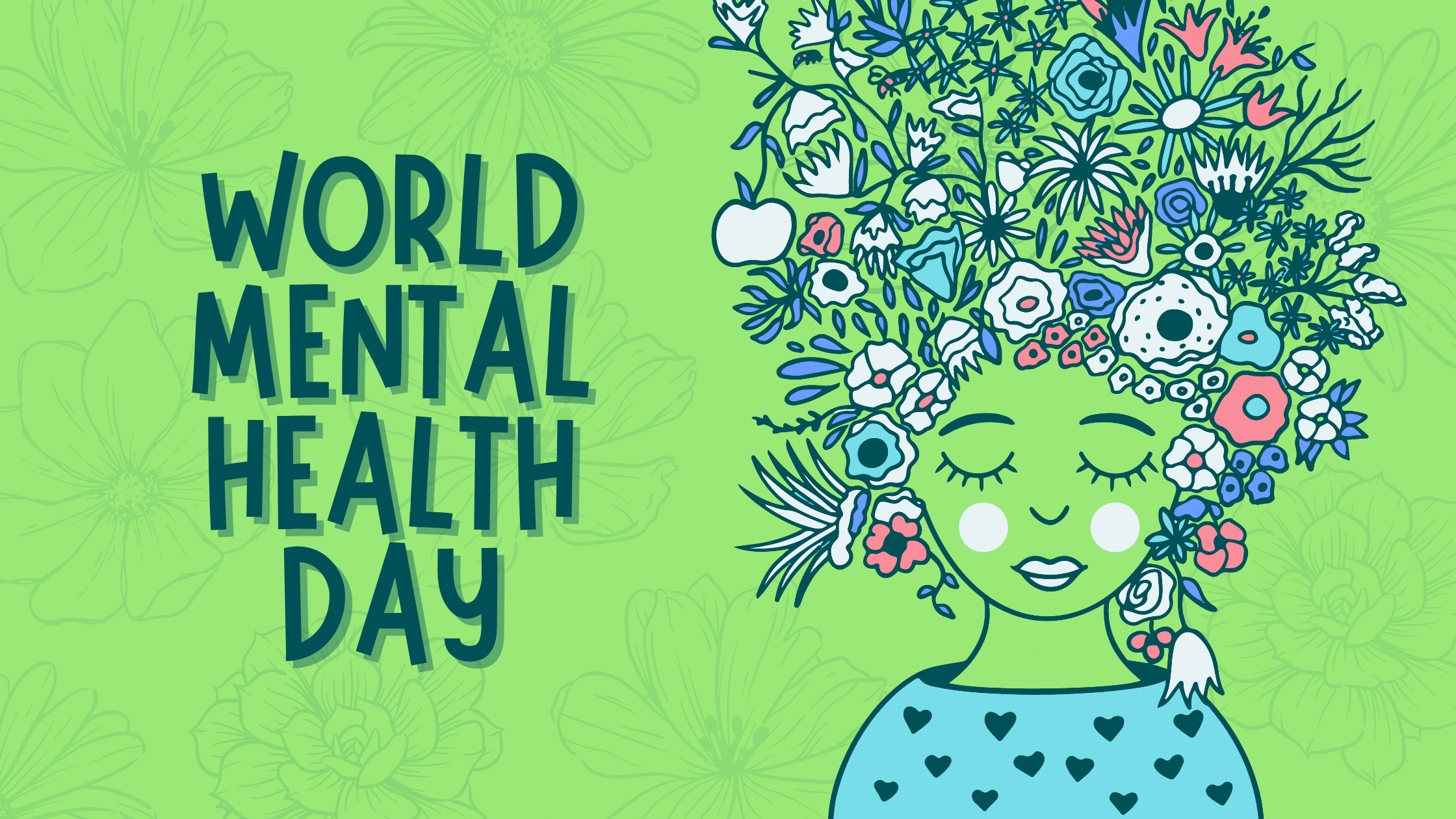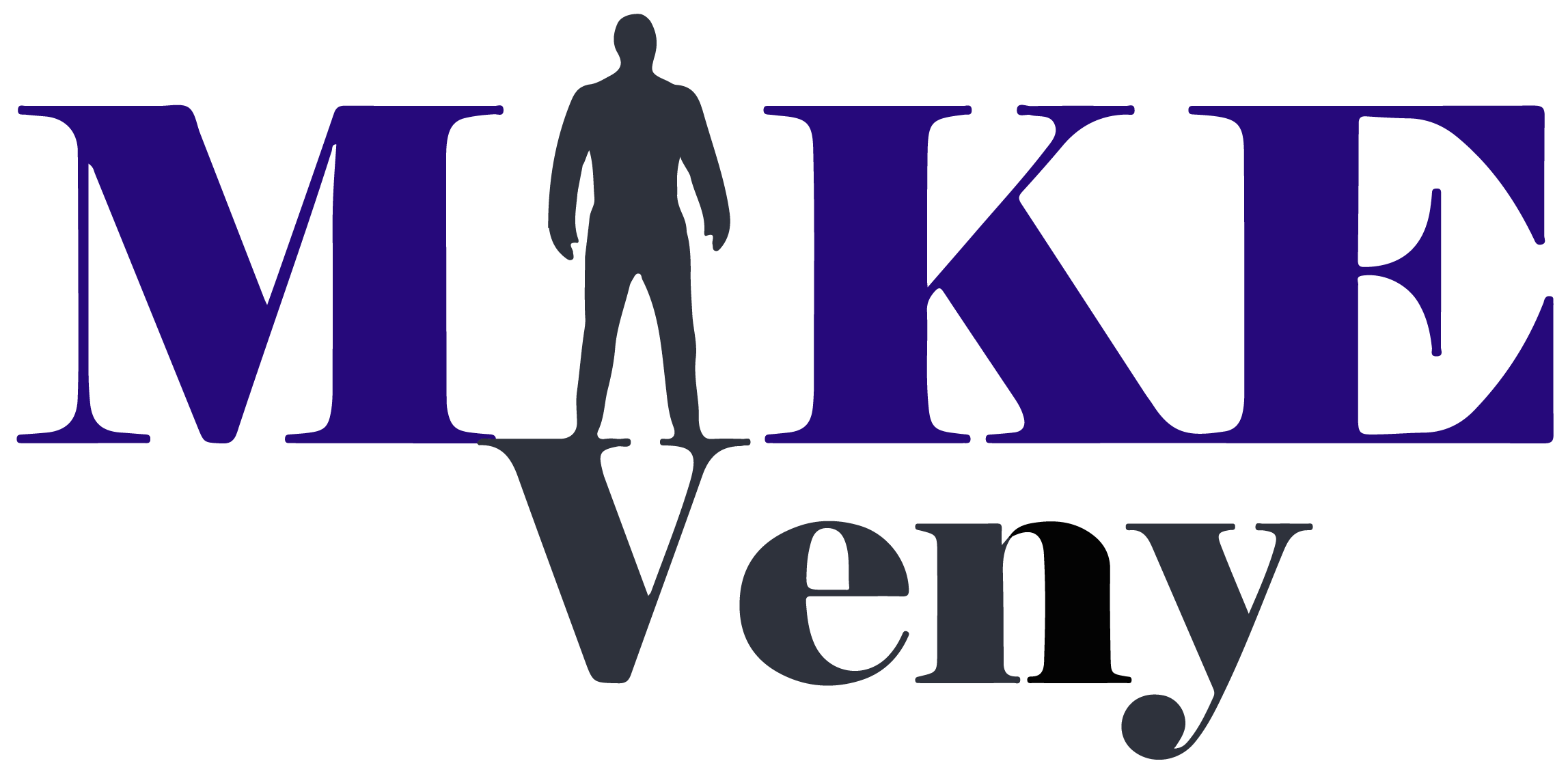
World Mental Health Day, observed on October 10th each year, has become a pivotal moment for global awareness and action. This day, established by the World Health Organization, shines a spotlight on the critical importance of mental well-being in our lives. It has an impact on individuals, communities, and societies worldwide, transcending cultural boundaries and highlighting the universal nature of mental health challenges.
This article delves into the significance of World Mental Health Day and provides practical ways to participate. It explores how mental health is perceived differently across cultures, examines current global mental health statistics, and offers simple yet effective actions anyone can take to make a difference. From understanding the day’s theme to joining local events, readers will discover numerous opportunities to contribute to this vital cause and help create a world where mental health is prioritized and supported.
Understanding World Mental Health Day
World Mental Health Day, observed annually on October 10th, has become a cornerstone in the global effort to raise awareness about mental health issues. This day, established by the World Federation for Mental Health in 1992, has grown into a powerful platform for education, advocacy, and action [1].
History and significance
The World Federation for Mental Health, founded in 1948, has been at the forefront of mental health advocacy for over seven decades. Throughout its history, the organization has evolved from addressing post-war mental health concerns to tackling modern workplace challenges, all while maintaining its core mission of promoting mental well-being for all [2].
World Mental Health Day has played a crucial role in bringing attention to mental illness and its wide-ranging effects on individuals, families, and communities worldwide. Each year, the World Federation for Mental Health selects a theme, produces educational materials, and distributes them globally, helping to shape the conversation around mental health [1].
Theme and focus
The theme for World Mental Health Day changes every year. In 2023, the theme was “Mental health is a universal human right” [3]. This powerful message emphasizes that everyone, regardless of who they are or where they live, has the right to the highest attainable standard of mental health. The campaign aims to improve knowledge, raise awareness, and drive actions that promote and protect mental health as a fundamental human right [3].
This theme is particularly significant given that one in eight people globally are living with mental health conditions, which can impact various aspects of their lives, including physical health, well-being, relationships, and livelihoods [3]. The focus on mental health as a human right also highlights the need to challenge stigma and discrimination, ensuring that people with mental health conditions are not deprived of their rights or excluded from decisions about their own health [3].
Global mental health challenges
Mental health issues pose significant challenges worldwide. Depression, for instance, has been identified as the second leading cause of disability globally and is a primary contributor to heart disease and suicide [4]. Anxiety disorders affect 284 million people worldwide, with women disproportionately impacted [5].
The COVID-19 pandemic has further exacerbated these challenges, with global prevalence of anxiety increasing by 25% in the first year alone [5]. Substance abuse disorders also present a significant global health concern, affecting 178 million people worldwide and being responsible for 11.8 million deaths annually [5].
Despite these staggering figures, access to quality mental health care remains a significant issue, especially in low- and middle-income countries. More than 75% of people in these countries receive no treatment for depression, highlighting the urgent need for improved mental health services and support systems globally [5].
As we approach World Mental Health Day, it’s crucial to remember that mental health is an integral part of overall health and well-being. By recognizing mental health as a universal human right, we can work towards a world where everyone has access to the support and care they need to thrive.
The Global Impact of Mental Health
Mental health issues have a profound impact on individuals, communities, and economies worldwide. The World Health Organization (WHO) reports that approximately one billion people globally suffer from mental disorders, ranging from addiction to dementia to schizophrenia [6]. This staggering figure underscores the urgent need for action on World Mental Health Day and beyond.
Cultural perspectives on mental health vary significantly across the globe, influencing how individuals perceive, experience, and seek help for mental health issues. In many Asian societies, mental health problems are often viewed as a sign of personal weakness or a failure of self-control [7]. The concept of “face” plays a crucial role, with mental illness sometimes seen as bringing shame to the family. In contrast, some African cultures attribute mental illnesses to spiritual or supernatural causes, such as curses or possession by evil spirits [7]. These cultural beliefs can contribute to high levels of stigma and deter individuals from seeking psychiatric help.
The global economic burden of mental health issues is substantial. Lost productivity due to anxiety and depression alone costs the world economy USD 1 trillion each year [6]. In total, poor mental health was estimated to cost the world economy approximately USD 2.5 trillion per year in 2010, a figure projected to rise to USD 6 trillion by 2030 [6]. These economic costs highlight the urgent need for increased investment in mental health services and support systems.
Suicide rates and the urgent need for action are also critical aspects of the global mental health landscape. The WHO reports that more than 720,000 people die due to suicide every year [8]. Alarmingly, suicide is the third leading cause of death among 15-29-year-olds globally [8]. These statistics underscore the importance of comprehensive suicide prevention strategies and the need for immediate action on World Mental Health Day.
The economic and social costs of mental health issues extend beyond direct healthcare expenses. Mental disorders account for more economic costs than chronic somatic diseases such as cancer or diabetes [9]. The indirect costs, including lost productivity and impact on economic growth, are significantly higher than the direct costs of treatment [9]. This pattern of relatively low direct versus comparatively high indirect costs is unique to mental disorders and emphasizes the need for a holistic approach to mental health care and support.
As we approach World Mental Health Day on October 10th, it’s crucial to recognize mental health as a universal human right and work towards creating a world where everyone has access to the support and care they need to thrive.
How to Participate in World Mental Health Day
World Mental Health Day, observed on October 10th each year, provides an opportunity for individuals and communities to unite in raising awareness about mental health issues. This year’s theme, “Mental health is a universal human right,” emphasizes the importance of promoting and protecting everyone’s mental well-being as a fundamental human right [3]. Here are some ways you can actively participate in this global initiative:
Sharing information and raising awareness
One of the most effective ways to participate in World Mental Health Day is by sharing information and raising awareness. You can create and distribute mental health awareness materials such as posters and social media posts [10]. Utilize platforms like Instagram, Facebook, Twitter, or LinkedIn to spread the word about mental health and its importance [11]. Share personal stories, mental health facts, or inspirational quotes to encourage open conversations about mental well-being.
Consider organizing a virtual mental health-themed movie night or book club to spark discussions about mental health issues [10]. You can also host a virtual mental health game, workshop, or webinar to engage your community and provide valuable information about mental health resources and support [10].
Attending or organizing events
Participating in or organizing events is another impactful way to commemorate World Mental Health Day. You could host a community run or walk for mental health, which can also be done virtually [12]. Reach out to local media for assistance in promoting the event and invite partners, family members, friends, donors, and local officials to participate.
Consider organizing a mental health screening or educational event at a local venue such as a town hall, firehouse, church, mall, or library [12]. If an in-person event isn’t possible, host a webinar or Facebook Live event to reach a wider audience. You can also team up with other local mental health and wellness organizations to host a community meet and greet [12].
Supporting mental health initiatives
Supporting mental health initiatives is crucial for making a lasting impact beyond October 10th. One way to do this is by volunteering with a mental health organization or charity [10]. You can also advocate for mental health policy changes in your local government to ensure better support and resources for those struggling with mental health issues [10].
Consider starting a mental health book club or discussion group to foster ongoing conversations about mental well-being [10]. You can also encourage employers to provide mental health support for their employees, such as implementing mental health days as part of the official leave policy [13].
By actively participating in World Mental Health Day, we can collectively work towards creating a world where mental health is prioritized, stigma is reduced, and support is readily available for all.
Making a Lasting Difference Beyond October 10th
World Mental Health Day on October 10th serves as a powerful reminder of the importance of mental well-being. However, the impact of this day should extend far beyond a single date on the calendar. To create lasting change, it’s crucial to incorporate mental health practices into our daily lives, advocate for better policies, and support mental health organizations year-round.
Incorporating mental health practices in daily life
Developing sustainable mental health routines and daily habits is essential for achieving overall well-being. Research suggests that healthy lifestyle behaviors can both prevent and treat mental health conditions, including anxiety, depression, and bipolar spectrum disorders [14]. These practices fall into five general categories: physical activity, nutrition, mind-body and mindfulness practices, restorative sleep, and social connections [14].
To start, focus on small, sustainable habits across various domains. For example, you might begin with a 30-minute daily walk to boost your mood and reduce stress [15]. Gradually incorporate other practices, such as mindfulness exercises or improving your sleep routine. Remember, changes in one area often contribute to improvements in others [14].
Advocating for better mental health policies
Advocacy plays a crucial role in raising awareness about mental health issues and ensuring they remain on national agendas. By becoming a mental health advocate, you can work towards eliminating stigma, promoting access to resources, and creating a more empathetic and inclusive environment [16].
To get involved, consider these actions:
- Engage with elected representatives by attending public meetings or signing petitions related to mental health policies [16].
- Support initiatives that prioritize mental well-being at all levels of society [16].
- Share personal stories and encourage open dialog to create safe spaces for discussing mental health [16].
Remember, advocacy can lead to improvements in policy, legislation, and service development [17].
Supporting mental health organizations year-round
Numerous organizations work tirelessly to address mental illness in our communities. By supporting these groups throughout the year, you can contribute to their vital work and help create lasting change.
Consider supporting organizations such as:
- The National Alliance on Mental Illness (NAMI), which provides support, education, and advocacy for individuals affected by mental illness [18].
- Mental Health America (MHA), a community-based nonprofit dedicated to addressing the needs of those living with mental illness and promoting overall mental health [18].
- The Trevor Project, which focuses on suicide prevention among LGBTQ young people [18].
You can support these organizations through volunteering, donations, or participating in their events and awareness campaigns [19].
By incorporating these practices into your daily life, advocating for better policies, and supporting mental health organizations year-round, you can help create a world where mental health is prioritized and supported beyond World Mental Health Day.
Conclusion
World Mental Health Day serves as a powerful reminder of the global challenge we face in addressing mental health issues across diverse cultures and societies. The urgent need for action is underscored by alarming suicide rates worldwide, emphasizing the importance of fostering understanding and support for mental well-being. By participating in this day through sharing information, attending events, and supporting mental health initiatives, we can all play a role in creating a world where mental health is recognized as a universal human right.
As we move forward, it’s crucial to maintain the momentum beyond October 10th by incorporating mental health practices into our daily lives and advocating for better policies year-round. Share this article with as many people as possible to spread awareness and inspire action. Remember, every small step counts in making a lasting difference in mental health support and awareness, creating a more compassionate and understanding world for all.
FAQs
1. What actions can I take to positively impact mental health?
You can enhance your mental health by maintaining a positive outlook, expressing gratitude for the positives in your life, ensuring your physical health is taken care of, and building strong social connections.
2. How should I describe a difficult mental health day to others?
You might communicate your need for a mental health day by saying, “I’m currently struggling with my mental health and need to take a day off to recover. Thank you for your understanding.” Alternatively, you could express, “I’m feeling overwhelmed and will take a day off to focus on my mental health.”
3. What should I do if I am having a challenging mental health day at work?
Here are seven tips to help you manage a tough mental health day at work: Prioritize basic self-care, remember to eat and stay hydrated, avoid overworking, take breaks from your phone, watch a show you enjoy, allow yourself to cry if needed, and spend some time outside to enjoy the sunshine.
4. What are some new techniques I can adopt to enhance my mental health?
To improve your mental health, consider adopting the following strategies: engage in regular physical activity like a 30-minute daily walk, eat nutritious meals regularly, stay hydrated, make sleep a priority, engage in relaxing activities, set realistic goals and priorities, practice gratitude, maintain a positive mindset, and keep in touch with friends and family.
References
[1] – https://www.ncbi.nlm.nih.gov/pmc/articles/PMC2939461/
[2] – https://wmhdofficial.com/
[3] – https://www.who.int/campaigns/world-mental-health-day/2023
[4] – https://bridgesupport.org/global-mental-health-initiatives/
[5] – https://www.hopechest.org/global-mental-health-statistics/
[6] – https://www.thelancet.com/journals/langlo/article/PIIS2214-109X(20)30432-0/fulltext
[7] – https://www.ncbi.nlm.nih.gov/pmc/articles/PMC10220277/
[8] – https://www.who.int/news-room/fact-sheets/detail/suicide
[9] – https://www.ncbi.nlm.nih.gov/pmc/articles/PMC5007565/
[10] – https://www.swagmagic.com/blog/world-mental-health-day-ideas/
[11] – https://www.mentalhealth.org.uk/our-work/public-engagement/world-mental-health-day
[12] – https://mhanational.org/mental-health-month/organization-outreach
[13] – https://unexpectedvirtualtours.com/resources/world-mental-health-day-activities/
[14] – https://www.psychiatry.org/patients-families/lifestyle-to-support-mental-health
[15] – https://www.nih.gov/health-information/emotional-wellness-toolkit
[16] – https://pathwayscounselingsvcs.com/how-to-become-a-mental-health-advocate/
[17] – https://www.ncbi.nlm.nih.gov/pmc/articles/PMC8793719/
[18] – https://blog.instill.io/15-mental-health-nonprofits-to-support-for-mental-health-awareness-month
[19] – https://www.nami.org/




